JCAP

Fr Jose Cecilio Magadia is new Regional Assistant for Asia Pacific
Fr General Arturo Sosa SJ has appointed Fr Jose Cecilio Magadia SJ as Regional Assistant for Asia Pacific starting January 14, 2019. He takes over...read more
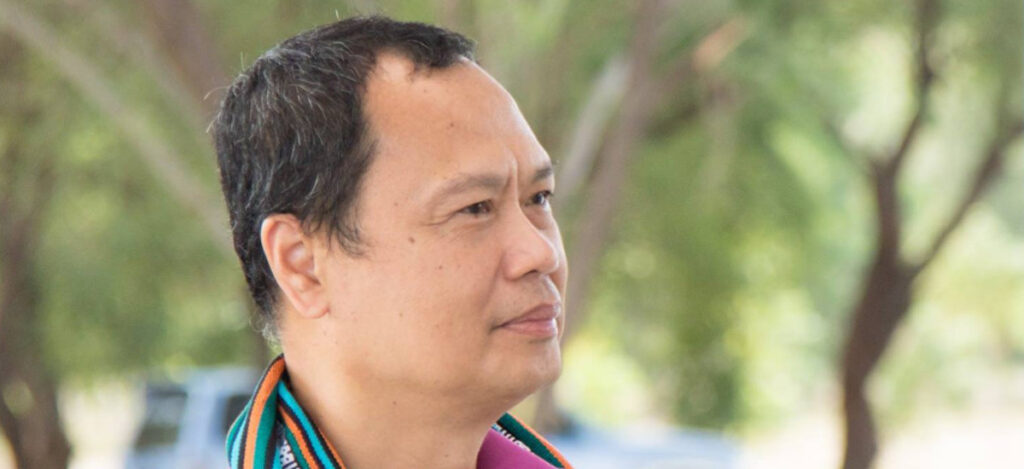
A new horizon for JCAP
Fr Tony Moreno SJ assumed the role of president of the Jesuit Conference of Asia Pacific (JCAP) on November 22 last year. While the former...read more
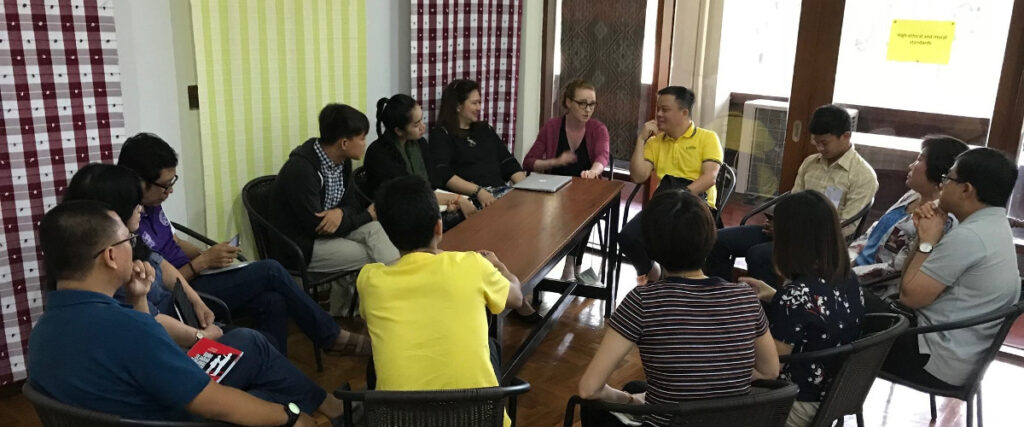
Educators as contemplatives in action
“The Ignatian way of discernment and leadership is very practical and appealing to me,” shared Benedict Jin Chi Lo, a teacher at St Joseph Private...read more

Do not be afraid
Dear friends, Easter is a season of courage and hope. In one Easter narrative, we are told about Mary Magdalene and the other Mary who...read more
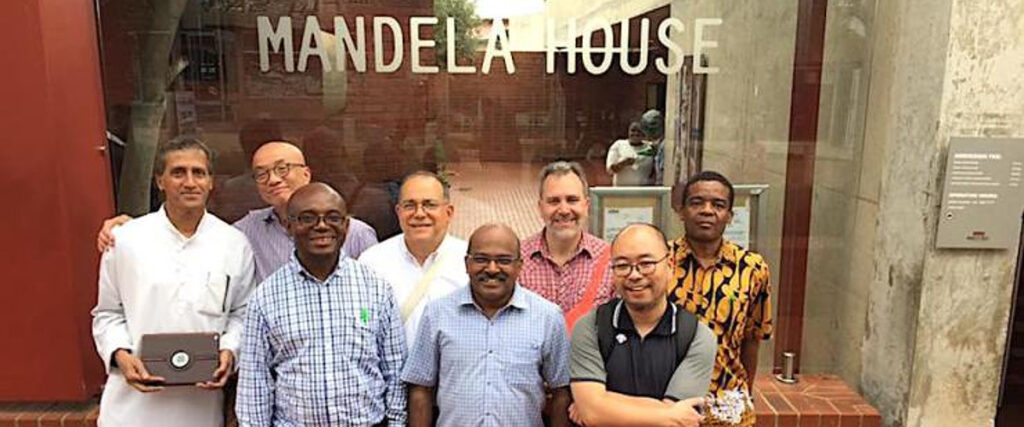
Rethinking hospitality in the age of migration
Fr Min Kim SJ, Jesuit Conference of Asia Pacific Coordinator for the Migration network, shares his realisations and the apostolic responses of Jesuit conferences around...read more
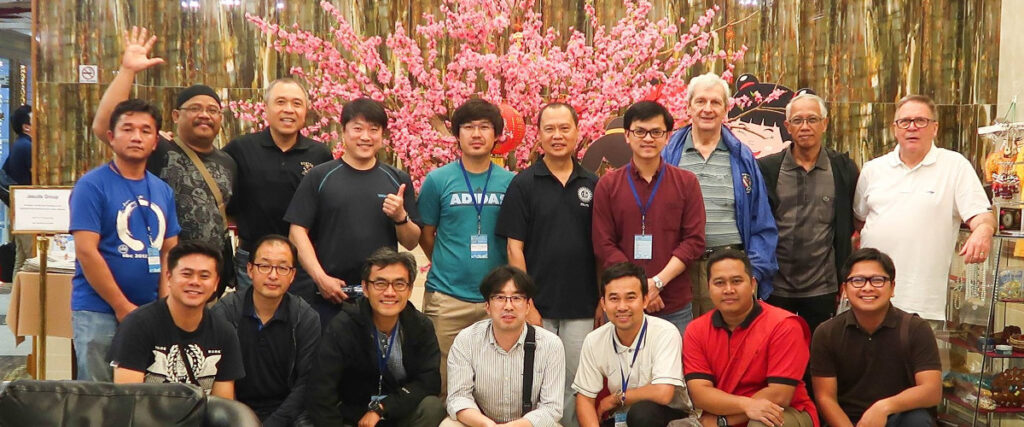
Rowing into the deep of vocation promotion
Guided by the theme “Rowing into the Deep”, vocation promoters within the Jesuit Conference of Asia Pacific (JCAP) reflected on their mission as fishers of...read more
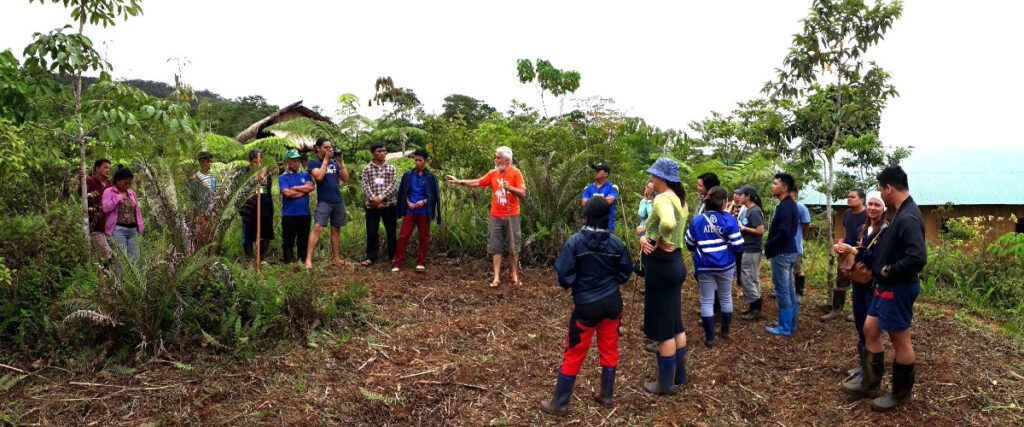
Living Laudato si’
The Reconciliation with Creation (RwC) programme of the Jesuit Conference of Asia Pacific (JCAP) is organising a series of Living Laudato si’ workshops in Mindanao,...read more
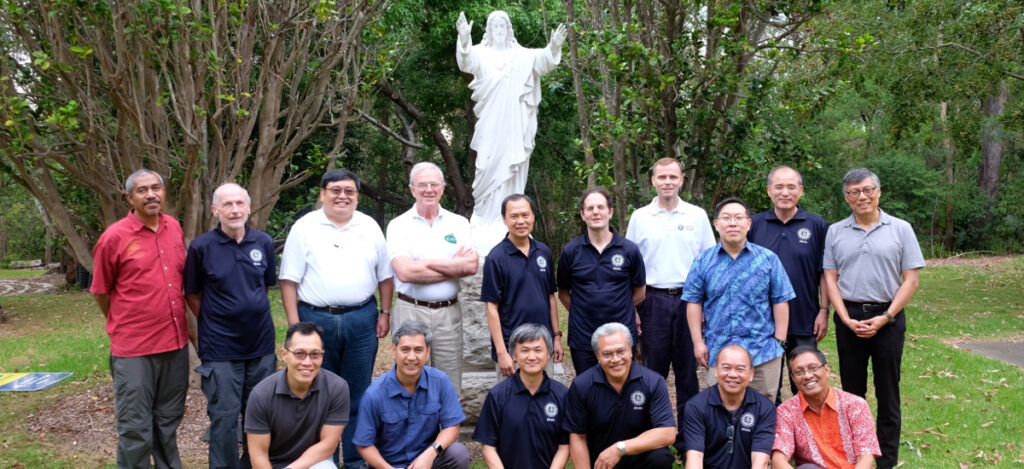
The way forward for JCAP
Discernment. Collaboration. Mission. These three words were used frequently during last week’s Major Superiors Assembly of the Jesuit Conference of Asia Pacific. From beginning to...read more
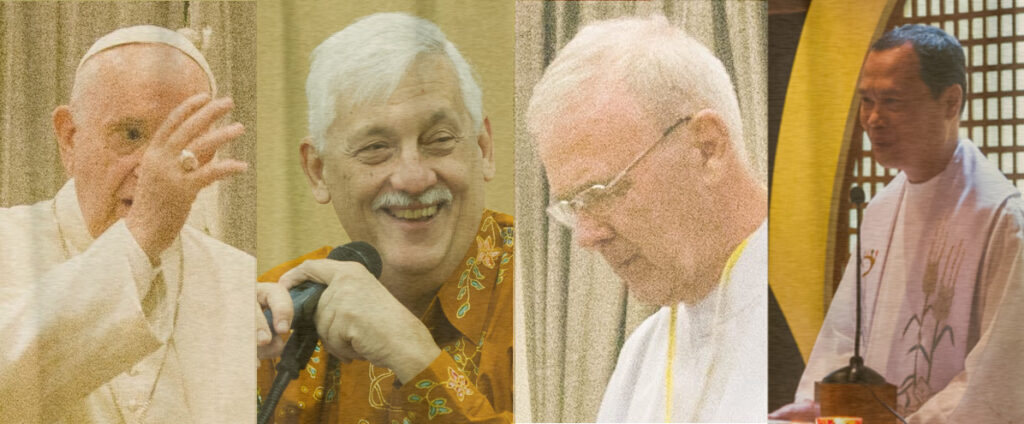
2017 at a glance
2017 was a memorable year for the Jesuit Conference of Asia Pacific. From Fr General Arturo Sosa’s first visit to Asia Pacific to the inauguration...read more

